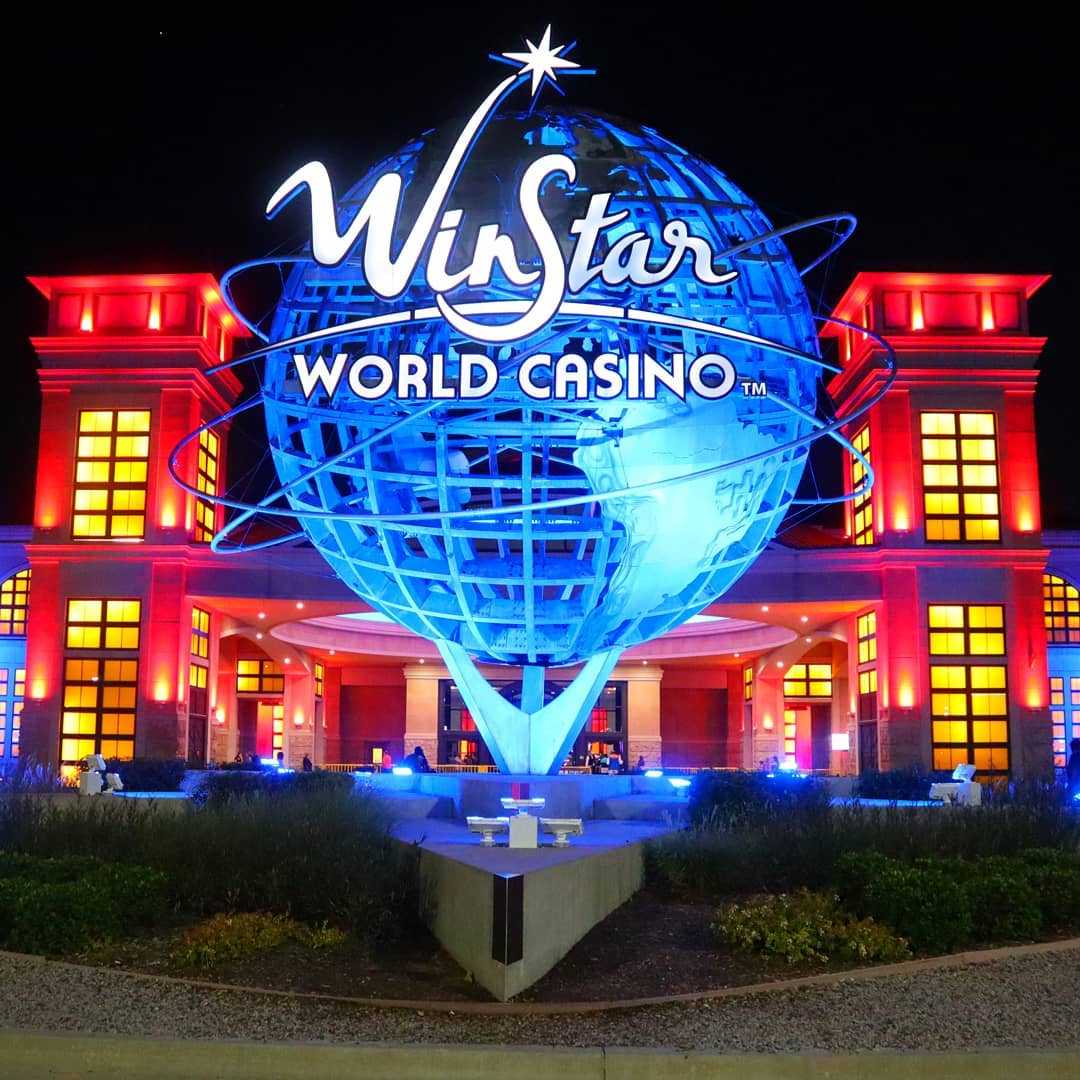
Casino entertainment have long been a staple in human culture, delivering not just entertainment but a intriguing reflection of our aspirations, wishes, and concerns. From the turning reels of a slot machine to the skill-based strategies of poker, these games embody a range of human sentiments and experiences. At their core, casino games are not just a chance to make profits; they are a microcosm of life itself, where risk versus reward converge and fortunes can change in an moment.
As players assemble around tables or sit in front of glowing machines, they take part in a tradition that transcends mere playing. These games echo our innate desires for connection, thrill, and the quest for chance. They also reveal deeper truths about human nature, such as our relationship with fate and the thrill of uncertainty. In exploring casino games, we discover not only the nuances of play but also the intricate pattern of the human experience, showcasing our interconnected narratives of goal and reality.
The Psychology of Gambling
Gambling is deeply rooted in human psychology, appealing to various emotions and wants. The excitement of risk-taking is a fundamental aspect that attracts participants, be it it’s excitement of spinning a roulette wheel or the anticipation of drawing a winning hand in poker. This adrenaline is often compared to other forms of excitement, as the unpredictability of outcomes elicits a unique psychological response. Players often find themselves captivated by the possibility of striking it rich, leading to an almost magnetic draw toward casino games.
Additionally, an essential component of the psychology behind gambling is the concept of hope and ambition. Players often indulge in fantasies of financial freedom and the opulent lifestyle that can follow winning. This hope fuels their continued participation in gambling, as it provides a sense of purpose and the conviction that a life-changing win could be just one bet away. The narrative of beating the odds and finding success resonates with many, strengthening their commitment to play and engage with these games.
Lastly, social aspects play a significant role in gambling psychology. Casino environments are designed to foster social interaction, where gamblers gather to share the experience of wins and losses. This communal aspect not only amplifies enjoyment but also influences behavior, as individuals often mimic the actions of others in their vicinity. The social validation found in shared excitement can enhance the emotional experience, making casino games a reflection of not just personal desires but also collective engagement within the gaming community.
### Risk and Reward: A Double-Edged Sword
Casino games embody the delicate balance between risk and gain that resonates deeply with the human experience. The thrill of placing a wager is often accompanied by a surge of excitement, as players are confronted with the possibility of striking it rich, yet conscious of the potential to lose. This twofold experience reflects a fundamental aspect of life: the choices we make often come with inherent risks, and the pursuit of reward can push us to embrace risks we might not normally consider. Ga179 In this way, gambling activities reflect real-world decisions, enticing players to risk not just their capital, but also their dreams.
The allure of jackpot prizes and payouts fuels a feeling of positivity, motivating gamblers to imagine a better future that could emerge from a single victorious spin of the wheel or dealing of a hand. This optimism can motivate individuals to engage in riskier behaviors, urging them to take greater risks in search of financial gain. However, just as in life, the outcomes of these decisions can lead to both victory and failure. The narratives of both big winners and those who have lost everything at the casino demonstrate the unpredictable nature of luck and its consequential repercussions on our lives.
Ultimately, the experience of engaging with casino games serves as a vivid illustration of the nature of humanity. Every session played is loaded with the tension of ambiguity, as gamblers weigh the rewards against the risks. This balance not only highlights the excitement that comes with betting but also reveals the risks that come with the desire for more. As we explore the complexities of choice and results in both the casino and in life, we find that the search for benefit shapes our identities and experiences in deep ways.
Community and Solitude in Gambling Environment
Casino environment is a distinct mix of social interaction and individual endeavor, reflecting the dualities of human experience. Gamblers often come together around tables, experiencing in the excitement of the action, rejoicing in wins, and commiserating over losses. This communal aspect is essential, as it establishes a sense of community and bonding among varied groups of individuals. Regular attendees to casinos may form friendships and develop routines, turning the casino into a second home where they feel connected to a larger community of players.
However, the attraction of gambling activities can also lead to loneliness. As players become engrossed in the excitement of gambling, they may isolate from personal relationships or neglect to interact with the environment outside the casino. For some, the search of a windfall can overshadow genuine relationships, leading to loneliness. The experience of being among people yet feeling solitary is not uncommon, as the attention shifts from collective fun to the private concerns of each player’s path.
This interplay of community and isolation creates a rich mosaic that defines gaming culture. It showcases the intricacy of social interactions, where joy and sorrow exist together. Casinos serve as both a refuge for social engagement and a stage for individual challenges, illustrating how deeply entwined our desire for companionship and the individual quest for wealth can be. In navigating this environment, gamblers confront their own narratives—seeking both the rush of the wager and the companionship of fellow players, eventually reflecting the broader spectrum of individual experience.
